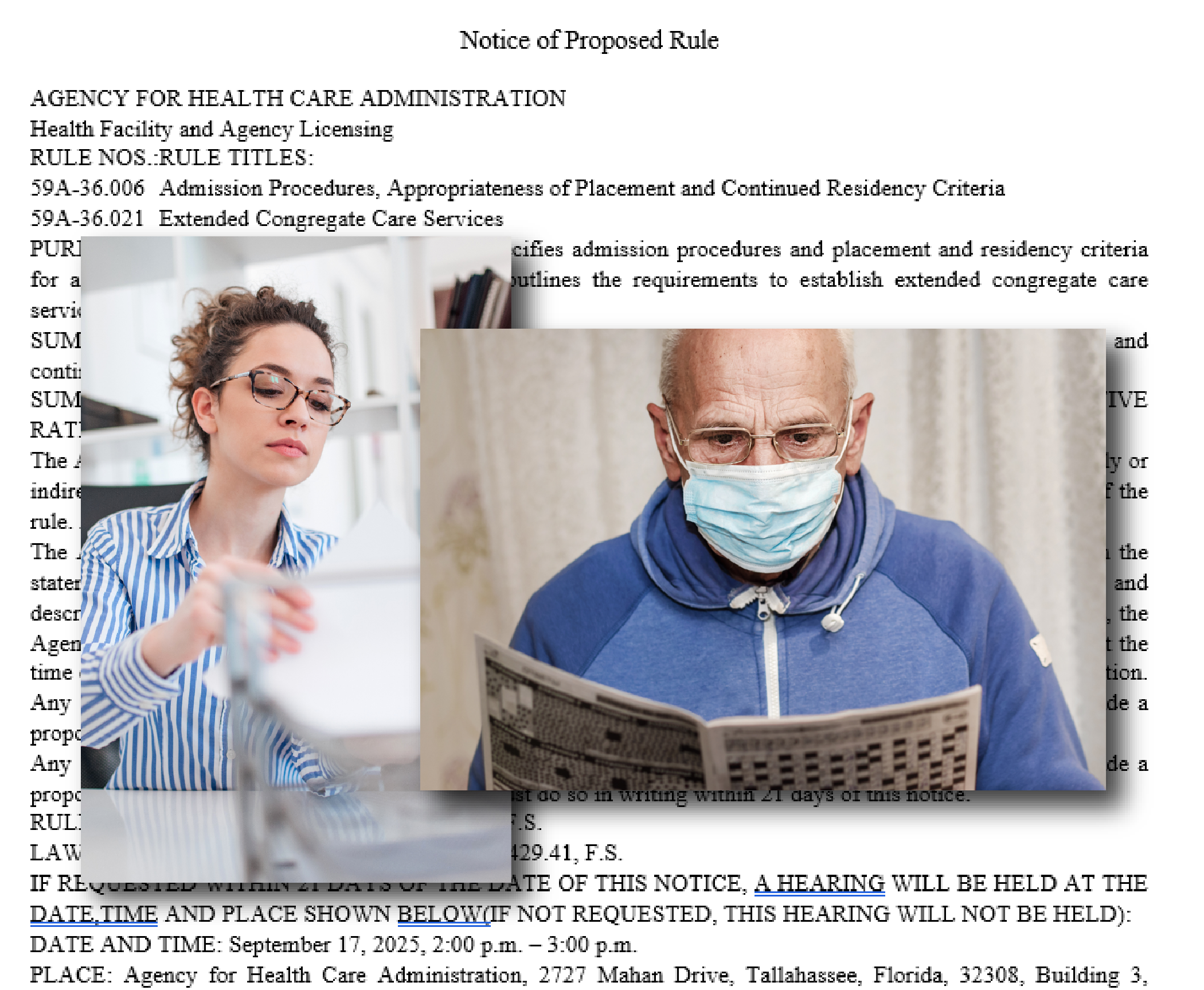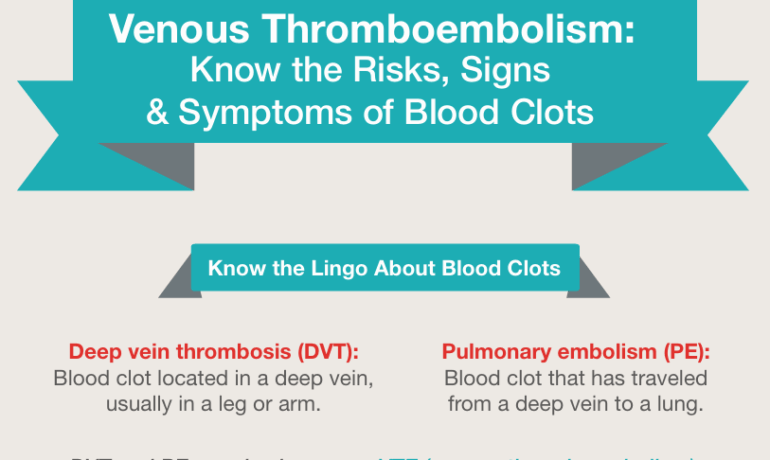Latest Rule Notice for ALFs: Admissions and Communicable Diseases
Executives and managers working during the COVID-19 pandemic will recall their unique transitions of care challenges. Assisted Living Facilities, Skilled Nursing Facilities, and Hospitals scrambled to admit, triage, quarantine, and discharge patients and residents in the early and middle days of the pandemic when there was an unhealthy dose of anxiety about what we didn’t know about this disease. Florida’s ALFs understood their admissions criteria and complied with their licensure framework while working to support their community partners and keep their populations safe. Administrators and teams made admission decisions within a regulatory framework that, under current rule, prohibits the admission of persons who have symptoms of a communicable disease that is likely to be transmitted to residents or staff. I’m not a clinician, but I felt this policy was 1) clearly written and 2) if it erred, it did so on the side of resident safety.
The Agency for Health Care Administration’s new proposed rule, published yesterday (8/25), will relax admission restrictions, giving the administrator leeway to make their decision within certain guidelines. The proposal allows people diagnosed with or having symptoms of a respiratory illness to be admitted to an assisted living facility at the administrator’s discretion if appropriate droplet precautions are implemented by staff. At the advice of stakeholders, this latest rule adds that appropriate precautions are those that are recommended by nationally accepted standards, the local county health department, and the ALF’s own policies at the time of the individual’s admission. If requested, the Agency will schedule a rule hearing for September 17 at 2:00 p.m.
A more liberal admissions policy around communicable disease seems to be viewed positively; however, it will also quickly throw an ALF’s infection control practices into relief, revealing weaknesses if infections begin to spread. Florida’s assisted living facilities have broad infection control regulations related to admissions, visitation, house rules, staff procedures related to hand hygiene and reusable equipment, facial coverings, food hygiene personnel, and staff training. According to AHCA, survey tag #A0036 Infection Control Procedures has not been in the Top Ten Deficiencies for the past 2 years, which is a positive marker. However, #A0081 Staff In-Service Training has occupied the number two spot in 2024 and 2025 with an emphasis on infection control training.
In advance of the rule’s likely adoption, ALF executives and managers will need to decide if and how their admissions policy should be changed. ALF teams should look at their recent survey history and their DOH inspections, audit the efficacy of staff in-service training, review resident vulnerabilities, and possibly gather baseline data related to in-house acquired respiratory illnesses.
Infection Prevention and Control Regulations and Resources for ALFs
To support ALFs in their review, I’ve drafted a new free tool entitled: Infection Prevention and Control: Regulations and Resources for Florida’s ALFs. The one-pager offers a quick roundup of the regulations affecting ALFs with a short list of free, authoritative resources that can be used in refreshing policies and writing staff training.
Infection Prevention and Control: Regulations and Resources for Florida’s ALFs
Rule Chapter 59A-36, Assisted Living Facility (Agency for Health Care Administration)
Learn more about LSLE’s ALF Administrator Core Training eLearning Program.
Related Post
Resources for Admissions and Communicable Diseases Rule for ALFs
As Assisted Living Facility owners, administrators, and managers will
ALFs and The Emily Adkins Family Protection Act
Assisted Living Facilities in Florida will soon be doing


